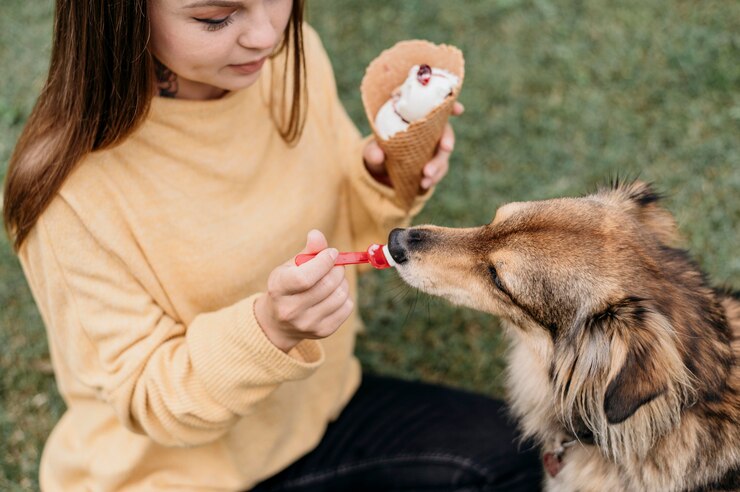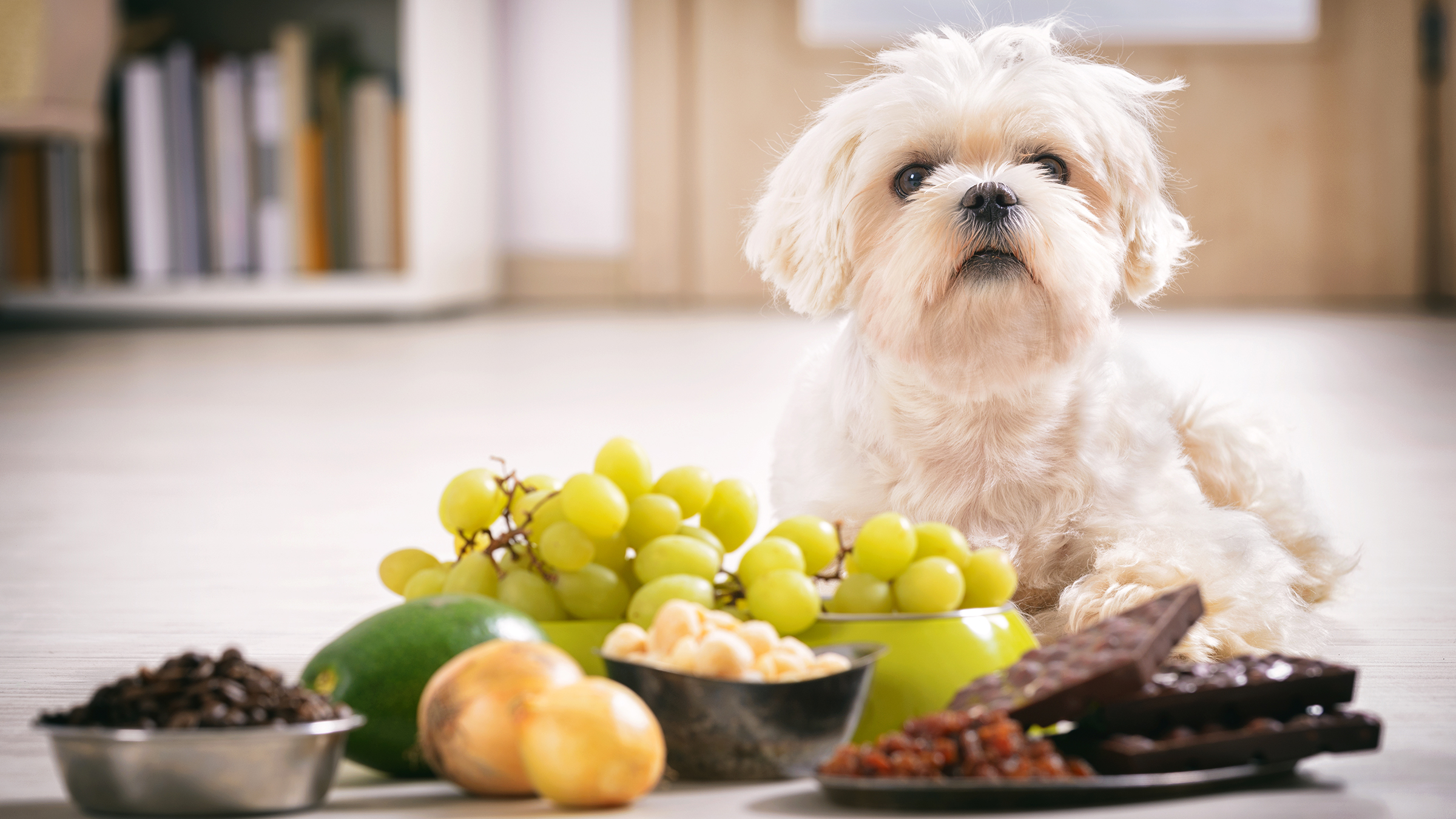Introduction
Pets are beloved members of our families, and many pet owners enjoy sharing their food with their furry friends. However, not all human foods are safe for pets, and some can even be deadly. It is essential to be aware of toxic foods that can harm your pet to ensure their well-being. This article discusses some of the most dangerous foods for dogs, symptoms of food toxicity, and how to prevent accidental poisoning.
Toxic Foods for Dogs
Avocados
Avocados contain a toxin called persin, which can lead to vomiting, diarrhea, and even respiratory issues in dogs. The pit of the avocado poses a choking hazard and can cause intestinal obstruction, making it crucial to keep avocados out of your pet’s reach.
Xylitol
Xylitol is a sugar alcohol found in many products, including candy, gum, toothpaste, baked goods, and diet foods. It can cause a dangerous drop in blood sugar and lead to liver damage, vomiting, lethargy, and seizures. Even a small amount can be fatal for dogs, so it is best to avoid giving your pet any foods containing xylitol.
Caffeine
Found in coffee, tea, chocolate, colas, energy drinks, cold medicines, and painkillers, caffeine is highly toxic to dogs. It stimulates the nervous system, leading to rapid heart rate, hyperactivity, tremors, and seizures. Even a small amount can be harmful, so ensure your pet does not ingest any caffeinated products.
Grapes & Raisins
Grapes and raisins contain unknown toxic compounds that can cause kidney failure in dogs. Even a small amount can lead to vomiting, lethargy, loss of appetite, and kidney dysfunction. If your dog consumes grapes or raisins, seek veterinary care immediately.
Alcohol & Yeast Dough
Alcohol poisoning in dogs can occur from consuming beer, liquor, wine, and even raw yeast dough. It affects their central nervous system and can cause vomiting, diarrhea, breathing difficulties, tremors, coma, and even death. The fermentation of yeast dough in the stomach can also cause bloating and severe pain.
Chocolate
Chocolate contains theobromine and caffeine, both of which are toxic to dogs. Dark chocolate and baking chocolate are the most dangerous. Symptoms of chocolate poisoning include vomiting, diarrhea, rapid heart rate, tremors, seizures, and even heart attack. Keep all chocolate-based products away from your pet.
Salt
Excessive salt consumption can lead to salt poisoning, causing dehydration, neurological issues, depression, tremors, seizures, and death. Salty snacks like chips, pretzels, and processed foods should never be given to pets.
Other Harmful Foods
Onions, Garlic, and Chives
These foods contain compounds that can damage red blood cells, leading to anemia and breathing problems. Garlic is especially toxic, and consuming large amounts may require a blood transfusion.
Macadamia Nuts
Macadamia nuts contain an unknown toxin that can cause muscle tremors, weakness, vomiting, and pancreatitis in dogs. Symptoms typically appear within 12 hours of ingestion and can last up to 48 hours.
Fruits with Pits
Fruits like peaches, plums, cherries, and persimmons contain pits that can cause choking and digestive obstruction. Additionally, pits contain cyanide, which is highly poisonous to dogs.
Symptoms of Food Toxicity in Dogs

If your pet has ingested a toxic food, they may exhibit symptoms such as:
- Vomiting
- Diarrhea
- Weakness and lethargy
- Seizures
- Breathing difficulties
- Kidney failure
- Abnormal heart rhythm
Immediate veterinary attention is crucial if you suspect food poisoning.
Prevention & Treatment
- Keep toxic foods out of reach – Store harmful foods in secure places.
- Consult a veterinarian or pet poison hotline if your pet ingests something toxic.
- Avoid home remedies without professional advice, as improper treatment can worsen the condition.
- Feed your pet safe foods like lean meats, fresh fruits (apples, bananas, blueberries, watermelon), vegetables (carrot sticks, green beans, cucumbers, zucchini), and plain cooked grains.
Conclusion
Understanding which human foods are toxic to pets is essential for every pet owner. By keeping dangerous foods away from your pet and ensuring they have a safe and nutritious diet, you can help them live a long, healthy life. Always consult a veterinarian before introducing new foods to your pet’s diet, and seek immediate medical attention if you suspect poisoning.
